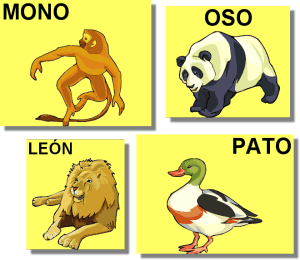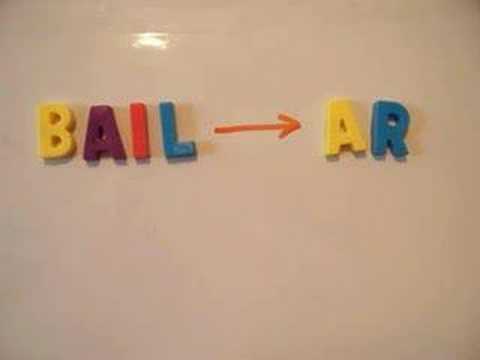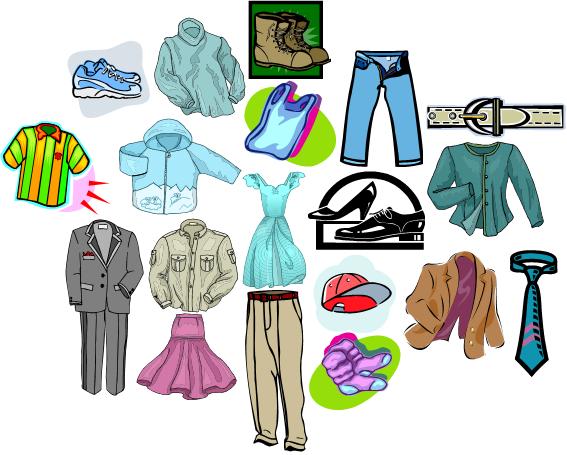I had a phone call recently. It’s the type of call that is not “the norm”. I knew Cassie had emailed House Hunters International about the possibility of being on their show after she had heard from the Kruses that they were looking for couples who had bought a place in Puerto Rico. But I didn’t really think they would be so eager to talk with us so quickly! This is kind of how it went:
Melissa: Hi, this is Melissa from House Hunters International!
BK: Hi, this is Britton. How are you?
Melissa: Good…We are interested in doing your story! Can you tell me a little more about it?
BK:( I told her all about our story, the property, why Puerto Rico…so on and so forth)
Melissa: That sounds great! Well, the next step before we line things up is to get a casting video from you. I can send you some information about what we are looking for in it.
BK: No problem. We can do that and have one to you in the next few days!
So these past few days Cassie and I (with help from Cassie’s mom the camera-woman -thanks Char!) made a short casting video. In the video they just want to see how we live currently and why we want to move. They basically want to see how we look “on camera”. Hopefully we come across well!
It would be cool to be on the show as it is one we definitely like to watch and I think we would be a bit different than their regular shows. Most of what I’ve seen on there are people who have quite a bit of money to spend. Cassie and I are very budget-oriented and one of our (my) criteria was that the place be “affordable”. To me that meant not getting a mortgage. Also we were ok with having a fixer-upper, unlike most people that we’ve seen on the show.
We want to move down there in the next few years, not continue to work and pay for the thing over the next 15-30. So, we save the majority of our income, we both drive normal little paid-off econobox cars, and we have invested in rentals in the hopes that one day we could use that income to live off of (see Fruitfulista for more on how we do this!)
I’d hope they would present us as the ‘fixer upper/saver/self-sustainability people’ and maybe tell the story of how we ended up with the property. One thing we were surprised about is that nearly all, if not all of the shows are re-enactments, so according to Melissa the producer/casting person in New York, we were perfect for their show!
So, here’s our casting video- wish us luck!…What do you think?




